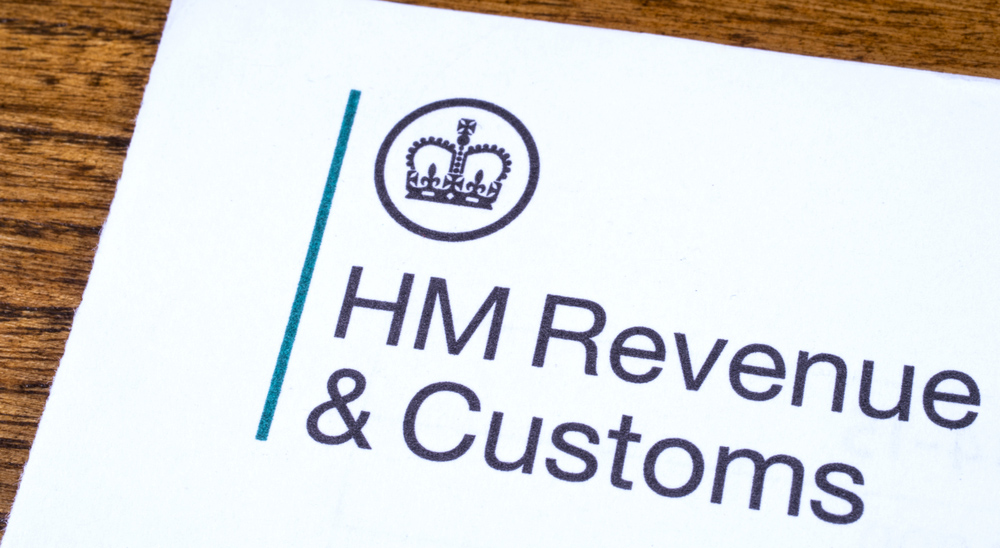Taxpayer with two “unique” tax references avoids partnership tax return penalty
Taxpayer with two “unique” tax references avoids partnership tax return penalty
Taxpayer with two “unique” tax references avoids partnership tax return penalty
Fri 09 Mar 2018
A taxpayer’s unique taxpayer reference (UTR) is supposed to be just that: unique.
But in Rafik A Patel v HMRC there was a confusing concatenation of cock-ups in which:
• HMRC issued two UTRs to the same person;
• a partnership (Mr. and Mrs. Patel) failed to submit its return on time; and
• the partnership had no reasonable excuse for doing so, nor could they plead exceptional circumstances; but
• HMRC failed to issue the necessary penalty notice correctly.
Mr. Patel was the appellant and did not help his case by not appearing for the hearing before the First-tier Tribunal (FTT). But once an appeal is made it must be considered, so the hearing went ahead in his (unexplained) absence, considering HMRC’s documentary and oral evidence.
Double UTRouble
His situation was also unusual in that HMRC had somehow managed to issued Mr. Patel with two UTRs, plunging him into a long struggle with HMRC over which was the correct one, and to get them to stop using the wrong one. He received a penalty notification for a late personal return under the wrong UTR. HMRC told him that number had been deactivated some time previously but then kept on using it in error. They also incorrectly pursued him personally for penalties when he had filed his personal return in time and the return that was late was for the partnership.
The Patels claimed that the partnership’s return had been submitted on paper before the 31 October deadline and must have been lost by HMRC but they had provided HMRC with no proof of posting, so there was nothing in the bundle of evidence to support that contention. After HMRC issued reminders for penalties a “further copy” of the paper return was filed. The FTT concluded that the original return had not been filed and so HMRC would have had the right to apply penalties for late filing: they just didn’t do so.
The FTT also found that no reasonable excuse had been established and there were no special circumstances that would have exonerated the Patels from penalty for the late partnership return if one had been correctly charged. This was so, even when HMRC’s mix up over Mr. Patel’s UTR was taken into account. The FTT judge decided that the Patels were clearly aware of their filing obligation and had provided no evidence of any reasonable excuse.
The key factor that the FTT found was that HMRC had failed properly to issue any notice of penalty for the failure to file the return. HMRC had sent the Patels reminders for both the £100 fixed late filing penalty and the daily penalties for continuing failure but the FTT ruled that these reminders were pointless when no actual penalty notices had been issued. Amid the obvious confusion within HMRC they never actually issued the Patels with notifications of either fixed or daily penalties for failure to file the partnership return. HMRC tried to argue that by issuing reminders they made up for the failure to issue the originating penalty notices but this contention was rejected by the FTT.
This case underlines the need to check all the correspondence you receive from HMRC, especially where penalties or other charges are concerned, check them carefully to ensure they are in order and seek professional advice if you are in any doubt as to the validity of any notice from HMRC.



Comments